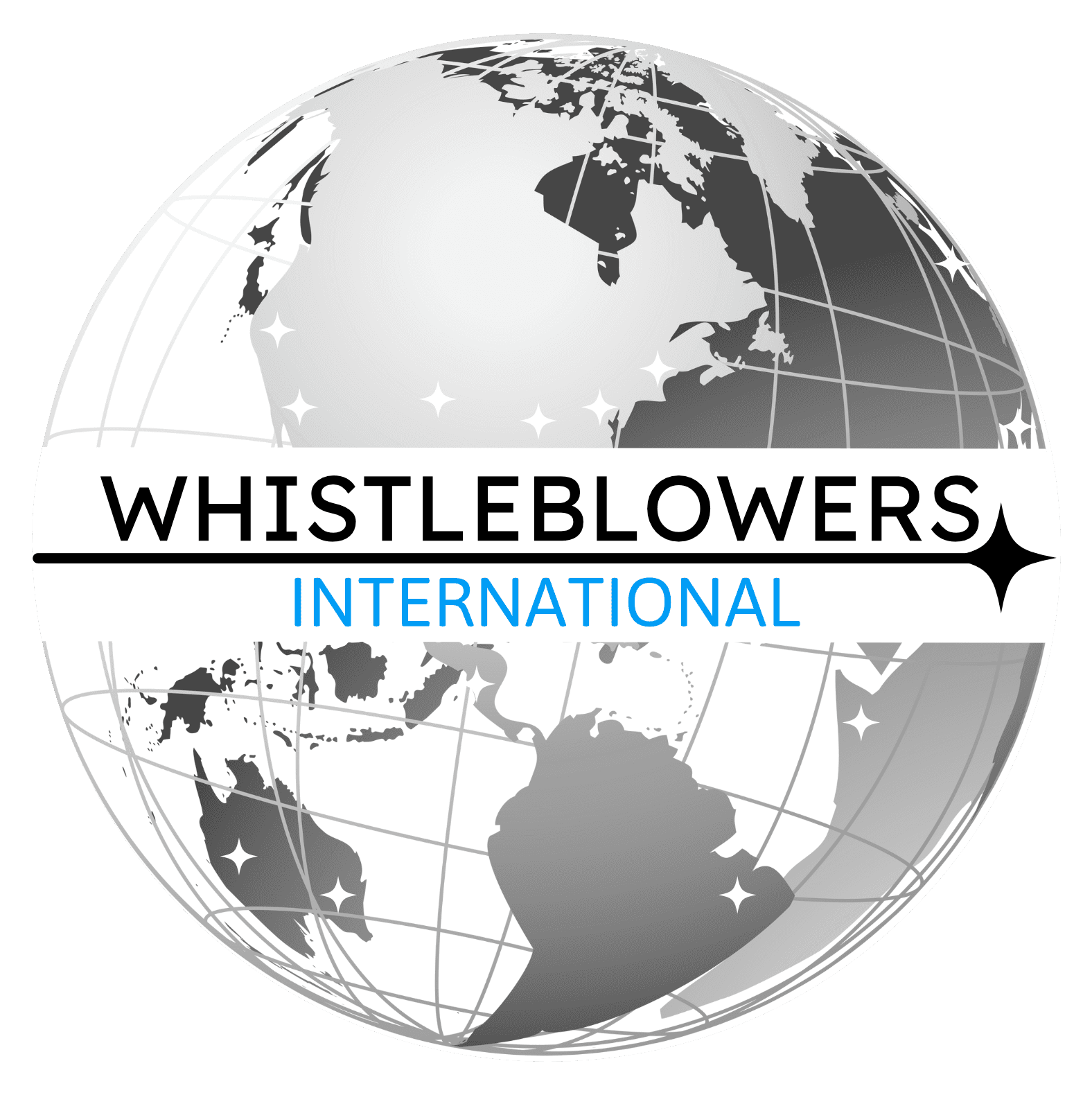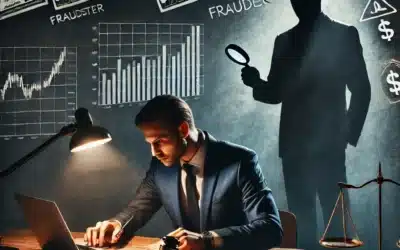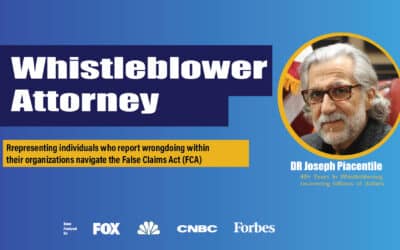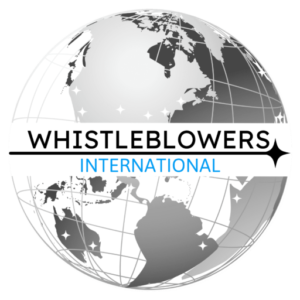DOJ Criminal Division Launches Corporate Whistleblower Awards Pilot Program
Corporate Whistleblower Awards Pilot Program
On August 1, 2024, the Department of Justice (DOJ) Criminal Division introduced the Corporate Criminal Forfeiture Whistleblower Pilot Program. This initiative is designed to encourage individuals to provide original information about specific types of corporate criminal misconduct. The goals are to deter criminal activities, confiscate illicit proceeds, and compensate victims.
This new program aims to fill gaps in existing enforcement mechanisms under other whistleblower programs, such as those of the Securities and Exchange Commission, the Commodity Futures Trading Commission, and the Financial Crimes Enforcement Network. It also complements qui tam actions under the False Claims Act. Deputy Attorney General Lisa Monaco highlighted that while existing programs are invaluable, they don’t cover all corporate and financial misconduct the DOJ prosecutes. “That’s why I asked the leaders at the Criminal Division to design a program that would fill the gaps in this patchwork,” she said.
According to the DOJ’s guidelines, whistleblowers can receive awards if they provide original information leading to criminal or civil forfeiture exceeding $1,000,000 in net proceeds from successful prosecution, corporate criminal resolution, or civil forfeiture action related to corporate criminal conduct in four key areas:
Violations by financial institutions: This includes schemes involving money laundering, anti-money laundering compliance violations, registration of money transmitting businesses, and fraud statutes, as well as fraud against or non-compliance with financial institution regulators.
Foreign corruption and bribery: Violations by, through, or related to companies, including those of the Foreign Corrupt Practices Act, the Foreign Extortion Prevention Act, and money laundering statutes.
Domestic bribery and kickbacks: Payments to domestic public officials, including federal, state, territorial, or local officials and employees of any government department or agency.
Healthcare-related offenses: Federal healthcare offenses and related crimes involving private or non-public healthcare benefit programs, fraud against patients, investors, and other non-governmental entities, and any other federal violations involving healthcare not covered by the Federal False Claims Act.
“Original information” is defined as independent knowledge or analysis that adds materially to what the government already knows. Whistleblowers are ineligible for awards if they qualify under another program, are DOJ employees or their family members, participated in the misconduct, or were employed in an audit capacity.
Awards are at the DOJ’s discretion, with a presumption for the maximum 30% award on the first $10 million recovered when no aggravating factors are present. Whistleblowers can receive up to 30% of up to $100 million, up to 5% of recoveries between $100 million and $500 million, and no percentage above $500 million. Priority is given to compensating owners, lienholders, and individual victims before awarding whistleblowers.
The DOJ considers several factors when determining award amounts, such as the significance of the information, the whistleblower’s assistance and timeliness, and their participation in internal compliance programs. Factors reducing the award include the whistleblower’s involvement in the misconduct, delay in reporting, interference with compliance programs, and a managerial role overseeing the conduct.
Confidentiality for whistleblowers is not guaranteed but will be protected as much as possible. Whistleblowers can report anonymously through an attorney and are expected to cooperate with DOJ investigations, including possible grand jury or trial testimony. Retaliation against whistleblowers will be considered when assessing an entity’s cooperation credit or individual culpability.
To receive an award, whistleblowers must submit tips through the DOJ website. Similar to other financial fraud programs, the DOJ will publish information about successful corporate criminal forfeitures, and whistleblowers can file a claim within 90 days if they believe their tip contributed to the success. The DOJ’s award decisions are final and not subject to appeal.
This pilot program, set to run for three years, is open to stakeholder feedback and improvements. As seen with other whistleblower programs and the False Claims Act, a guaranteed minimum award is a powerful incentive for individuals to report significant frauds. The TAF Coalition will continue to monitor and report on the program’s developments.
Contact Us Today
The information submitted will be submitted to the law firm of Piacentile & Associates LLP d/b/a Whistleblowers International. This communication does not create an attorney-client relationship and is submitted only for the purpose of evaluating your claim to see if this is something we are able to help you with. By contacting us, you certify that you are a potential client making a bona fide inquiry about obtaining legal services to address a potential whistleblowing legal claim. Past results do not guarantee future outcomes. While this submission does not create an attorney-client relationship, all information submitted will be kept strictly confidential per legal ethics rules since this information is submitted in contemplation of a potential attorney-client relationship. No attorney-client relationship is formed until it is determined after evaluation with you that this is something we can take on and a retainer agreement is signed by you and the law firm of Piacentile & Associates LLP d/b/a Whistleblowers International. Please also understand that by submitting your information, there is no guarantee that we will contact you in response, as at any given time, there are only a limited number of claims we are able to take on and pursue. If we do not contact you within 3-business days of your submission, please reach out to another whistleblower law firm if you are interested in pursuing your matter.
Our Areas of Practice
Healthcare Fraud
Securities / Derivatives Fraud
Fraud Against the Government
Tax Fraud
Cryptocurrencies Fraud
Defense Contractor Fraud
Money Laundering
Foreign Corrupt Practices Act
DR. JOE’S CASES HAVE BEEN FEATURED IN:

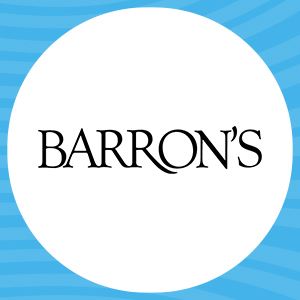



PROTECTIONS FOR WHISTLEBLOWERS
COMMITTED TO GLOBAL TRANSPARENCY
Unmasking Investment Fraud: A Private Investigator’s Guide to Navigating Financial Scams
As a private investigator specializing in investment fraud cases, I've seen countless victims fall prey to sophisticated schemes that exploit their trust and hard-earned money. Over the years, I’ve gathered insights on how to spot fraud, protect investments, and take...
Whistleblower Attorneys: Protecting Those Who Speak Out Against Fraud
At Whistleblowers International, we specialize in representing courageous individuals who report fraud, misconduct, or illegal Whistleblower Attorneys: Protecting Those Who Expose Fraud At Whistleblowers International, we are...
Financial Crimes Enforcement Network (FinCEN): An Overview
The Financial Crimes Enforcement Network (FinCEN) is a bureau within the U.S. Department of the Treasury that plays a critical role in safeguarding the financial system against illicit activities such as money laundering, terrorist financing, and other financial...
What is FinCEN?
The Financial Crimes Enforcement Network (FinCEN) is a bureau of the U.S. Department of the Treasury dedicated to combating financial crimes, such as money laundering, terrorist financing, and other illicit activities that exploit the financial system. Established in...
PCBs and Cancer: Understanding the Risks and Connections
Polychlorinated Biphenyls (PCBs) are chemical compounds that were widely used in industrial applications before their ban in the late 1970s due to health concerns. One of the most significant risks associated with PCB exposure is cancer. Numerous studies have explored...
Understanding the Current PCB Legal Landscape and Emerging Cases
Polychlorinated Biphenyls (PCBs) Polychlorinated Biphenyls (PCBs) have been the subject of numerous lawsuits for decades due to their widespread use and enduring impact on the environment and public health. Despite being banned in the late 1970s, PCBs continue to pose...
Understanding PCB Exposure: Common Questions and Answers
What is PCB Exposure? Q: What is PCB exposure? A: PCB (Polychlorinated Biphenyl) exposure refers to contact with these man-made chemicals, which were widely used in various industrial applications from the 1930s until their production was banned in many countries in...
Top U.S. Government Contractors and the Risks of Procurement Fraud
The U.S. government is one of the largest purchasers of goods and services globally, spending hundreds of billions annually on contracts with private companies. While these contracts provide significant business opportunities, they also come with risks, including the...
Understanding Government Contract Fraud: Can Contractors Be Criminally Charged?
Government contract fraud is a significant issue affecting both the federal government and the private sector. With billions of dollars allocated to government contracts annually, instances of fraud have emerged as a critical concern. This article explores whether...
Understanding Securities and Commodities Fraud: Insights from a Lawyer’s Perspective
Securities and commodities fraud can be complex and overwhelming to navigate, especially if you're facing legal challenges in these areas. This blog post aims to shed light on the essential aspects of securities and commodities fraud, answering key questions and...
The information on this website is for general information purposes only. Nothing on this site should be taken as legal advice for any individual case or situation.
We do not accept cases in all jurisdictions. No representation is made that the quality of the legal services to be performed is greater than the quality of legal services performed by other lawyers. Prior results do not guarantee a similar outcome. This information is not intended to create, and receipt or viewing does not constitute, an attorney-client relationship. While we will treat any information provided as privileged and confidential, you should understand that when you provide information about a potential case to us, we do not become your attorneys. We do not represent you until we have agreed to do so and a retainer has been signed by both of us. This information is not intended to create, and receipt or viewing does not constitute, an attorney-client relationship. This website may be considered attorney advertising in some states.
© 2024 All Rights Reserved.
